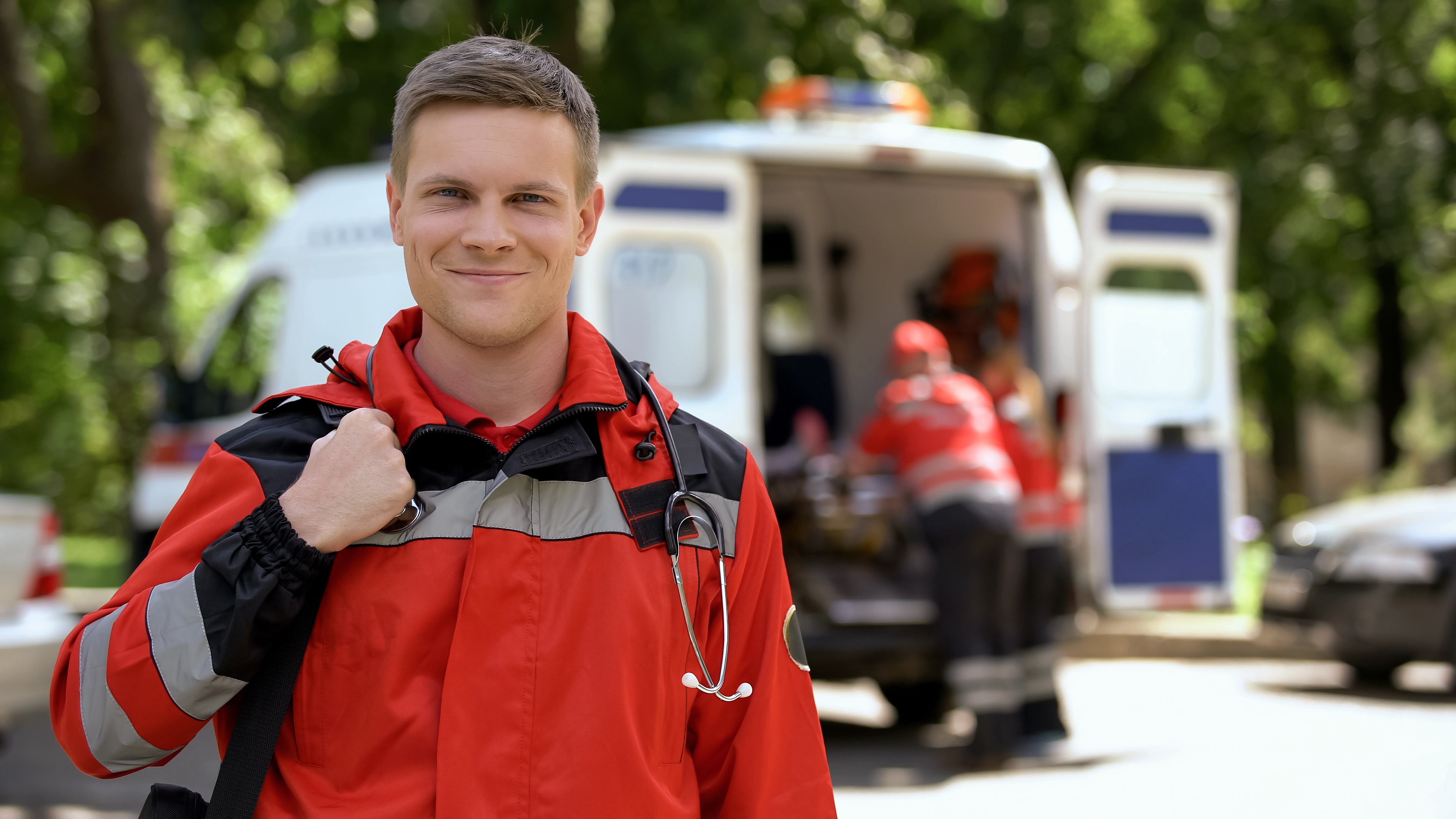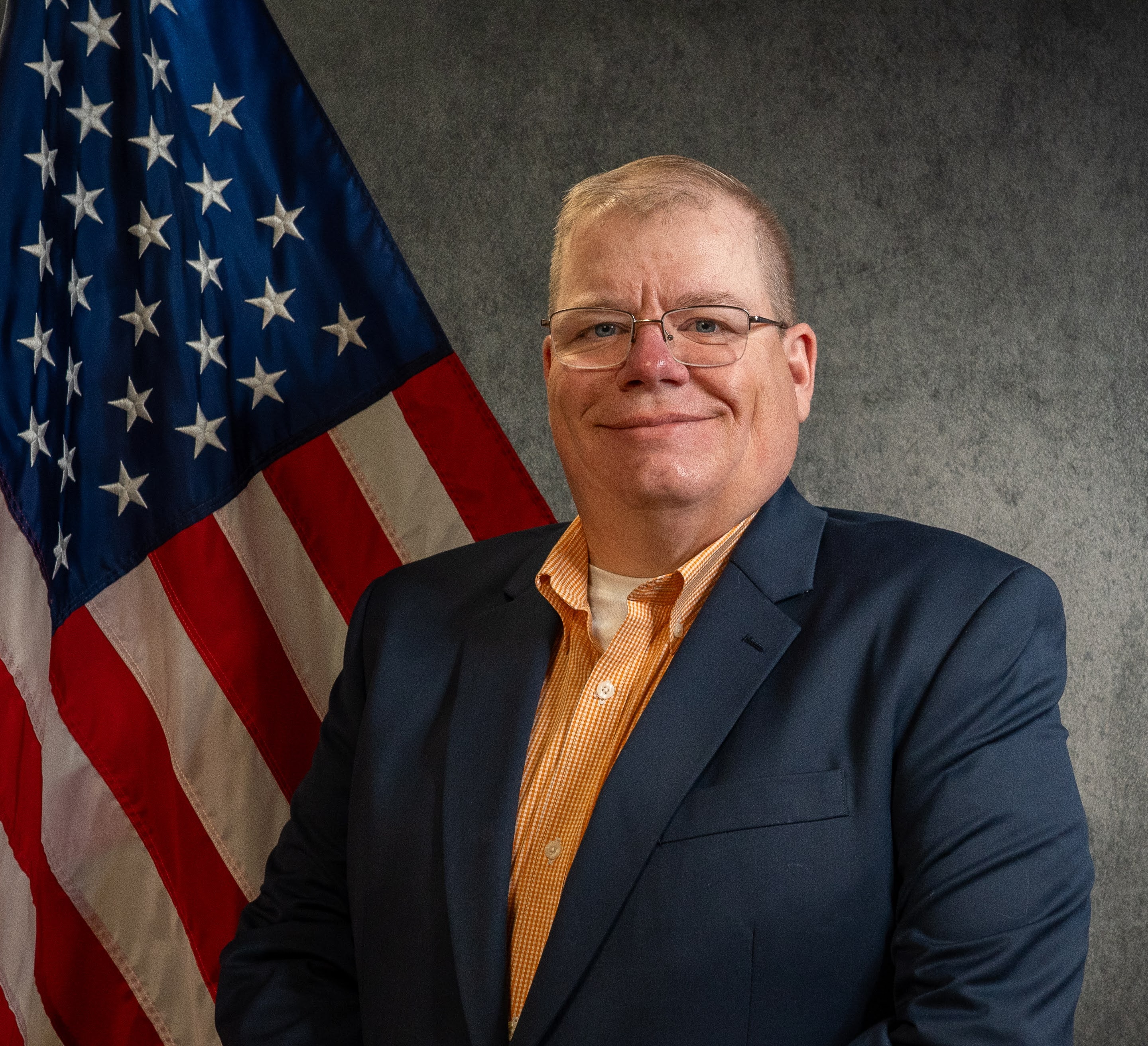A Letter to My Younger Self
By Jason Fox
Editor’s Note: This is the first article in a series called “It’s OK to Not Be OK: Real Conversations About Mental Health in Public Safety.” Over the next several months, Jason Fox will dive into topics that every EMS provider, firefighter, dispatcher, student, and leader needs to consider—not just for their career, but for their lives outside the uniform too. Catch up with the series.
Dear Younger Me,
You’re standing in your first pair of shiny boots, shirt tucked in too tight, grinning from ear to ear with that fresh certification in hand, thinking you’re about to save the world. I see you. I admire that fire in your belly. And before we go any further, let me say this:
I’m proud of you. But, man… you have no idea what’s coming.
You think this career is about the lights, the sirens, and the chance to do good. And in many ways, it is. You'll see miracles. You’ll deliver babies, restart hearts, and hear the words “thank you” from people who’ll never forget your name. You’ll make friends who become family. You’ll carry memories of those wins with you forever.
But there’s another side too—the side nobody really prepares you for.
Let’s start with this: You will see things that break your heart; not just once, not just twice—over and over again. You’ll hear mothers scream “no” into the night. You’ll see children grow quiet with fear. You’ll stand in homes torn apart by violence, poverty, addiction, and loss—and then, you’ll go home and pretend none of it affected you.

Spoiler alert: it does. Every time.
There’s a term for it that you won’t hear much in your early years: cumulative trauma. I used to think it was the big calls—the shootings, the codes, the disasters—that would haunt me. But it wasn’t. It was the “death by paper cut” kind of stress. The one where you miss one too many birthday parties. Where you eat cold gas station food at 3 a.m. because you’ve forgotten what a normal dinner looks like. Where you drive past a school bus and wonder if that kid in the back reminds you of one you lost last week.
Here’s the truth, kid: you cannot carry all of that without consequence.
I wish someone had told me earlier that it’s OK to talk about it—that strength isn’t silence, that real courage means saying, “Hey, I’m not doing great right now.” But we didn’t grow up in that culture. We grew up in a world where mental health was taboo, where vulnerability was mistaken for weakness, and where the only acceptable response to trauma was a shrug and a joke.
Let me tell you now, what I wish I knew then:
Mental health matters.
You can’t pour from an empty cup. And I don’t mean the cliché version—I mean the real stuff. You need sleep. You need boundaries. You need time to not be a paramedic or firefighter or rescuer. You need to laugh, cry, scream, breathe. You need to be a human, not just a hero.
Your family needs the whole version of you.
One day, you’ll look in the mirror and wonder where the guy who used to dance in the kitchen went. You’ll hear your kids say, “Dad’s always working,” and it’ll hit you in the gut. You’ll realize that while you’ve been saving strangers, the people who love you most have been slowly losing pieces of you.
Your job will shape you—but it doesn’t have to define you.
Yes, this career will change you. But don’t let it harden you. Keep your empathy. Keep your humor (you’ll need it). Keep calling your mom, no matter how tired you are. And remember that one day, when the sirens stop and the boots are hung up, you’ll still need to know who you are underneath it all.
You are not immune.

Rank doesn’t protect you. Years of experience don’t protect you. If anything, they make the weight heavier. And I’m telling you now: you’re not alone. So don’t wait for the breakdown. Don’t wait for the marriage to strain or the sleep to disappear or the flashbacks to start. Get ahead of it. Talk to someone. Learn your resources. Find your people.
And when you’re a leader (yes, you will be one), be the kind that gets it. The kind who checks in with their crew and actually listens. The kind who says, “It’s OK to take a day,” and means it. The kind who makes room for the messy parts of this job—and reminds others that being a good provider starts with being a healthy human.
Look, I won’t lie to you. Some days will be hard. You’ll question why you ever started. You’ll wonder if you’ve got anything left to give. But if I could reach through time and look you in the eyes, I’d tell you this:
- You’re going to help people.
- You’re going to make a difference.
- And it’s going to cost you something.
But if you take care of yourself—really take care of yourself—this life will also give you something in return: a sense of purpose, pride, and connection that few careers can match.
So be proud. Be kind. Stay humble. And please—don’t wait 30 years to realize that your mental health matters just as much as your certifications.
With gratitude,
Jason
What Comes Next
I want to be clear: I am not a mental health expert, physician, or psychologist—but I am someone who has walked a similar path as many of you, and I want to share some of the lessons I’ve learned along the way. There’s no one-size-fits-all answer when it comes to mental health. What works for one person might not work for another. That’s why we’ll explore a wide range of ideas, strategies, and perspectives throughout this series. Whether you’re brand new to public safety or have been doing this for decades, my hope is that you’ll find something in each article that speaks to you.
Because the truth is, mental health is not just a side conversation—it’s part of our survival.
And together, we can help build a culture where asking for help is seen as strength, not shame.
Here are the articles you can look forward to in the series. These will be posted on EMS World once a month through November 2025.
1. It’s OK to Not Be OK
2. The Silent Weight: How Cumulative Trauma Changes Us
3. Breaking the Stigma: Changing the Culture of Silence
4. You Can’t Pour From an Empty Cup: The Truth About Self-Care
5. Know Before the Storm: Building Your Mental Health Toolkit
6. Life After Lights and Sirens: Redefining Worth Beyond the Badge
7. Leadership’s Role: Building a Culture of Wellness
Jason Fox, NREMT-P, is the state training coordinator for Amerimed-Tennessee and the vice president of the Tennessee EMS Education Association, with more than 20 years of active service in EMS. He is the owner of Medics, LLC, which provides a variety of healthcare, OSHA, and first aid training courses for EMS and the public. Fox is an AEMT and EMTB adjunct instructor at Roane State Community College. He holds a bachelor’s degree in emergency services management from Bethel University.
















